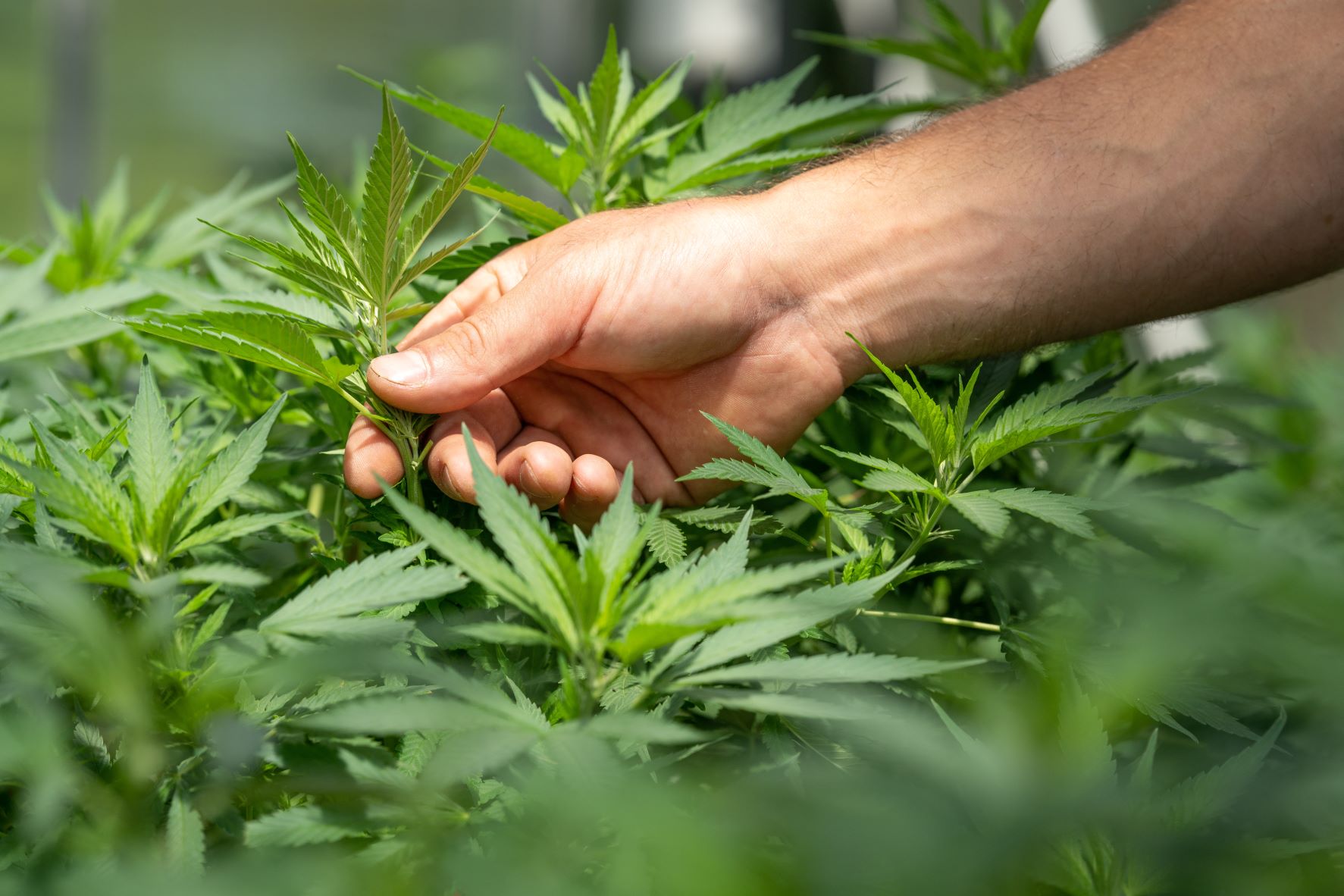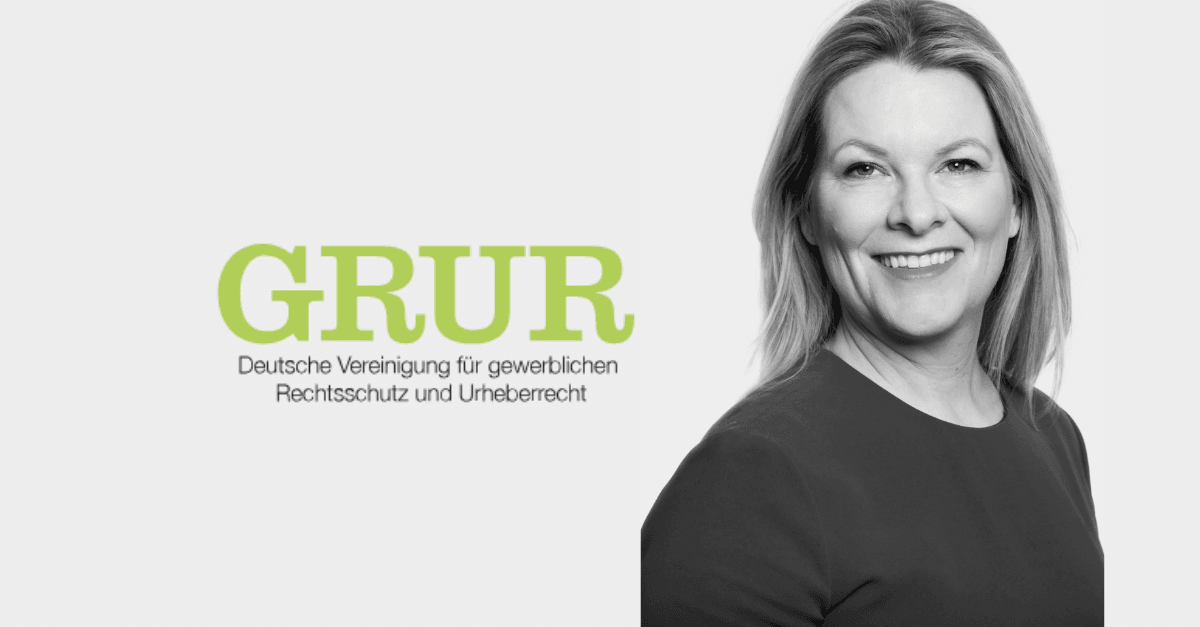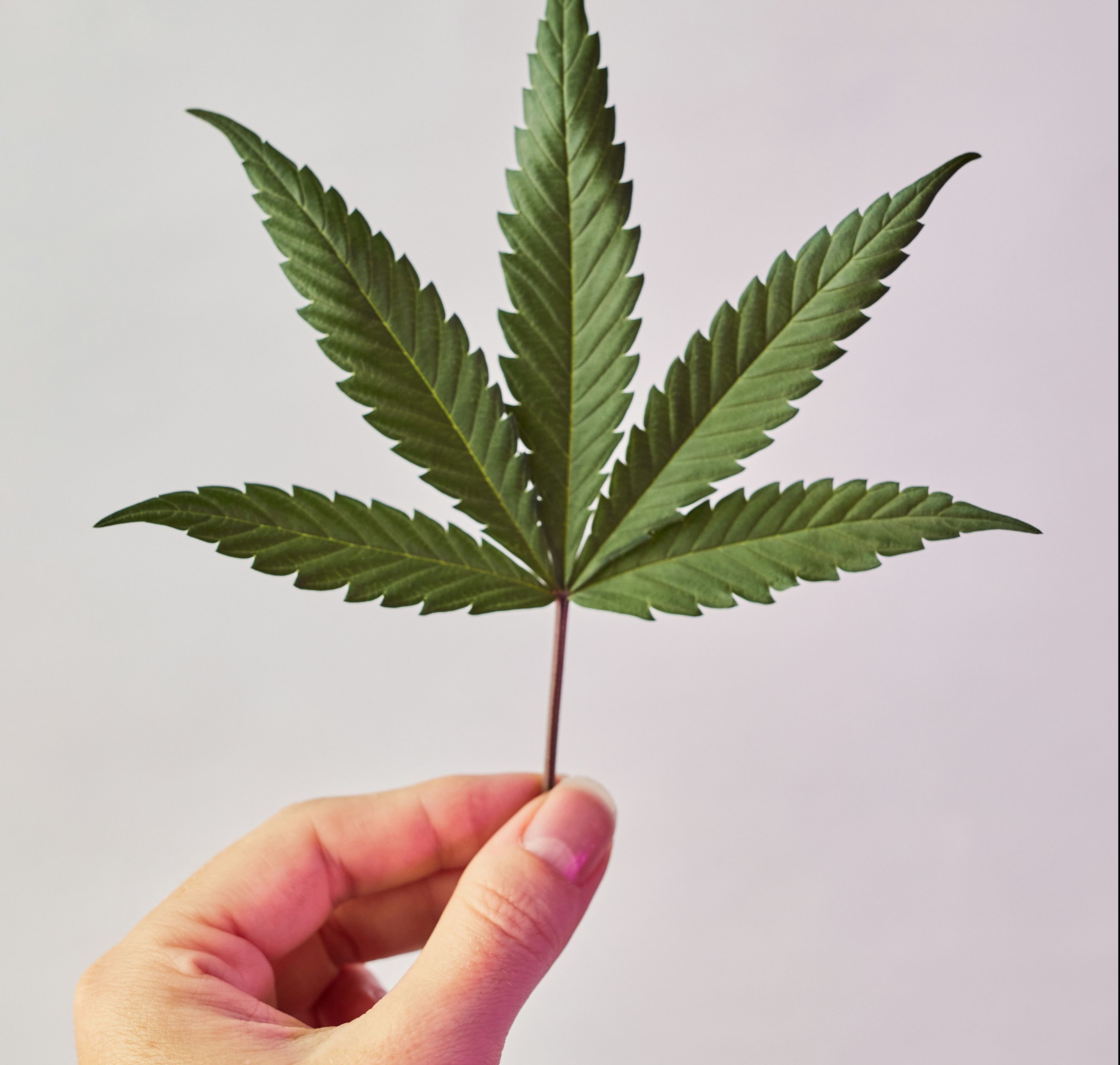At the end of 2021, the Federal Government agreed in its coalition agreement to legalise recreational cannabis use among adults. The main argument for the legalisation is to ensure a (quality)control, in order to achieve health and young protection. In addition, legal consumption should squeeze out the black market. Finally, the state treasury should also benefit from the legalisation through additional tax revenues on the one hand and savings in costs for (criminal) prosecution authorities and the judiciary on the other.
On October 19, 2022, it became public that the Federal Ministry of Health had presented a cornerstone paper on planned legalisation of cannabis, which had been announced for autumn. One week later, on October 26, 2022, the Federal Cabinet agreed on the key points for the legalisation. The most important planned legal provisions for cannabis legalisation are as follows:
Decriminalisation:
Cannabis and its main psychedelic constituent tetrahydrocannabinol (THC), shall no longer be legally classified as narcotics. Cannabis for recreational use, medicinal cannabis and industrial hemp shall be completely removed from the scope of the German Narcotics Act. The production, supply and distribution of recreational cannabis shall be permitted within a licensed and federally controlled framework. The purchase and possession of up to 20 to 30 grams of cannabis for recreational use in private and public spaces should be legal for adults over the age of 18. Private cultivation shall be permitted to a limited extent, i.e. three female flowering plants. This impunity shall also apply to young people under the age of 18. However, youth welfare offices shall be able to oblige them to participate in prevention courses. With the entry into force of the planned regulation, ongoing investigation and criminal proceedings shall be terminated.
THC limits:
There shall not be a general upper limit on the content of THC, as the THC content can only be determined with a high degree of technical laboratory effort. However, it is still being examined whether there should be an upper THC limit for under 21-year-olds in order to prevent the risk of cannabis-related brain damage in adolescence.
Places of sale:
The sale should take place in licensed establishments, if necessary also in pharmacies. The sale in pharmacies is intended to enable a broader range of products, especially in rural areas. Dispensaries must fulfil requirements with regard to expertise, advisory services and location. Initially, it will not be possible to purchase cannabis online.
Protection of children and youth people:
Access the licensed establishments shall only be permitted to adults. To ensure this, an age check shall be carried out when entering. In pharmacies, the age check shall be carried out before sale. Licensed establishments shall maintain minimum distances from schools, children's and youth facilities. The public consumption of cannabis shall be prohibited in the surrounding areas of schools, daycare centres, playgrounds, public parks, pedestrian zones until 8 p.m. as well as in other places where children and adolescents regularly spend time.
Administration form:
Cannabis products for smoking and inhalation as well as for nasal and oral intake, e.g. capsules, sprays or drops, shall be approved for sale. Whether so-called edibles, such as cannabis biscuits, shall be permitted for sale is still to be examined. Synthetically produced cannabinoids remain illegal.
Advertising ban:
Advertising cannabis products shall remain prohibited.
Regulation:
Cultivation and distribution shall be subject to stringent state supervision through licensing and control. The entire amount of cannabis distributed and consumed in Germany shall in particular be cultivated "indoors" under artificial light or in greenhouses. Taking into account the sustainability goals of the Federal Government, renewable energies shall be used in cultivation.
Taxation:
Turnovers from sales of recreational cannabis shall be subject to turnover tax. In addition, a special excise duty, a so-called cannabis tax, shall be introduced.
Evaluation:
The social effects of the law, among others with regard to health, child and youth protection and road safety, are to be evaluated after four years and beyond.
Whether and when a final draft law can be expected depends on the result of a preliminary examination by the European Commission, to which the cornerstone paper will be forwarded. Specifically, the question is whether the German legalisation plans can be implemented at all under international and European law. The cornerstone paper merely states that the legal framework offers limited options for implementing the coalition's plans. The preliminary examination procedure is intended to avoid the possibility of the European Union initiating an infringement procedure against Germany. If the preliminary examination is positive, the Federal Government may present a draft law in the first quarter of 2023. The planned legalisation could then be achieved in 2024. So, for the time being, we have to wait and see if and when white smoke will rise in Brussels.



